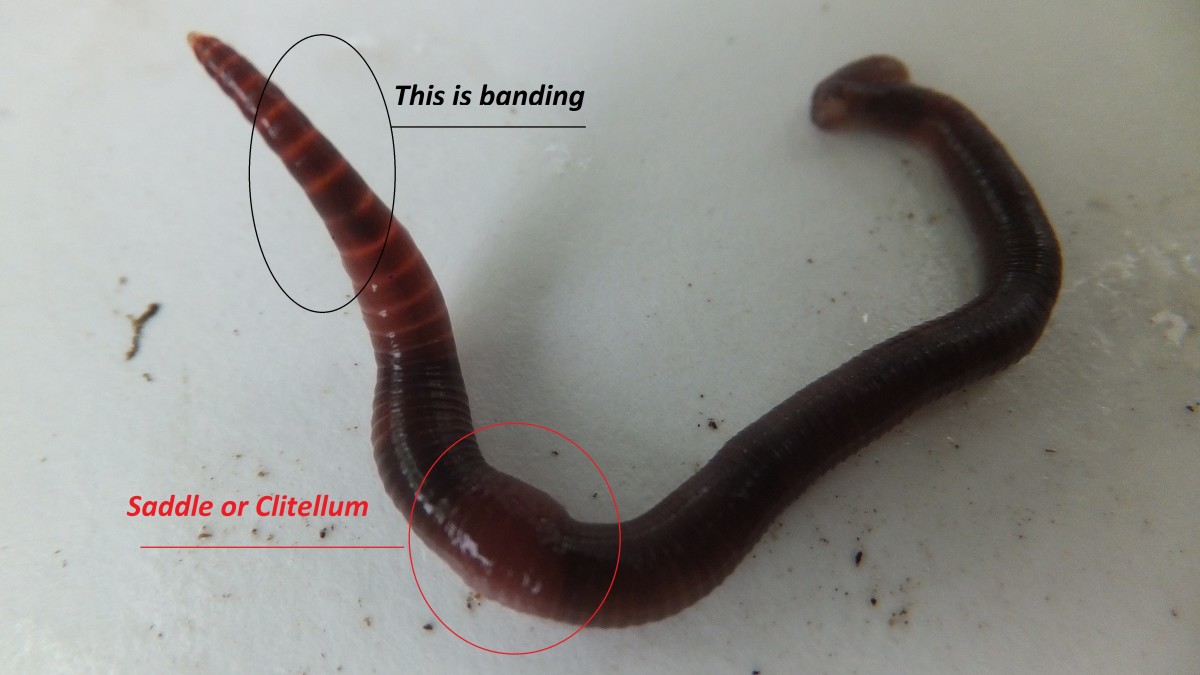The Amazing Globe of Red Wigglers: Increase Your Soil Fertility Today
The role of red wigglers, or Eisenia fetida, in enhancing dirt fertility is a subject of growing interest amongst gardeners and agricultural specialists. These tiny yet efficient microorganisms change organic waste right into useful worm castings, significantly boosting soil wellness and advertising sustainable techniques. As we check out the benefits of vermicomposting and the functional steps to develop an efficient worm bin, the possible effect of these worms on your horticulture success ends up being significantly noticeable. Comprehending the subtleties of their care and application might just alter the way you come close to soil administration. What understandings can be acquired from incorporating these amazing animals into your horticulture routine?
Recognizing Red Wigglers
Red wigglers, scientifically called Eisenia fetida, are a types of earthworm that play a crucial duty in boosting soil fertility. These worms flourish in organic-rich atmospheres, such as garden compost heaps and decaying plant product, where they consume organic waste and secrete nutrient-dense castings. Their special anatomy, featuring a fractional body and a clitellum, permits them to duplicate rapidly and successfully process large amounts of raw material.

The eco-friendly value of red wigglers expands beyond plain waste handling; they add to the dirt food internet, fostering a diverse area of bacteria that further improve soil health. Recognizing the biology and habits of red wigglers is important for using their full capacity in sustainable agriculture and gardening methods.
Benefits of Vermicomposting
Furthermore, vermicomposting boosts soil framework and oygenation. The presence of worm castings enhances dirt appearance, enabling far better water retention and drainage. This balanced wetness degree is crucial for root growth and the overall health and wellness of plants. In addition, red wigglers help break down organic matter, increasing decomposition and recycling nutrients back into the soil.
Vermicomposting likewise fosters microbial activity, which is essential for a healthy dirt ecological community. Beneficial microorganisms prosper in the presence of worm spreadings, assisting in the breakdown of natural products and improving vitamins and mineral schedule to plants.
Last but not least, vermicomposting works as an efficient waste administration service, lowering land fill waste by reusing kitchen area scraps and other natural products. This not only adds to environmental sustainability however also promotes a round economy within gardening and farming.
Just How to Establish a Worm Container
Establishing a worm container is an uncomplicated procedure that can considerably boost your composting efforts. Begin by selecting an ideal container, which can vary from a commercially available worm container to a basic plastic or wooden box (Red Wiggler Express). Make certain the container has appropriate ventilation; little openings in the lid and sides will certainly assist in air flow
Following, produce a bed linens layer to supply a comfortable setting for the red wigglers. This can be made from shredded newspaper, cardboard, or coconut coir, dampened to a damp, sponge-like uniformity. Fill up the bin to around one-third full with this bed linens material.
As soon as the bedding is prepared, it's time to present the worms. Red wigglers prosper in natural waste, so location them delicately onto the bed linen. Cover the worms with a light layer of added bed linen to aid them accommodate.
Feeding Your Red Wigglers
Supplying the right food for your red wigglers is crucial for their health and the effectiveness of your composting system. Red wigglers grow on a different diet, mostly consisting of organic products such as fruit and vegetable scraps, coffee grounds, and shredded paper. These products go to my site not only supply important nutrients however additionally contribute to the microbial activity in the worm bin, which is critical for the worms' digestion.
It is very important to stay clear of certain foods, such as dairy products, oils, and meats, as these can bring in pests and produce undesirable odors. Furthermore, citrus peels and extremely spicy foods must be restricted due to their prospective to hurt the worms. A well balanced strategy to feeding involves checking the amount of food introduced to the bin, making sure that it is eaten within a reasonable period to stop excess waste build-up.
To advertise optimum food digestion, it is beneficial to chop or shred larger food things prior to including them to the bin. This practice enhances the surface for microbial action, promoting quicker decomposition and improving the general efficiency of your composting system. On a regular basis observing the worms' feeding practices will certainly help you change their diet as required.
Using Worm Castings in Your Garden

To optimize the benefits, purpose to apply about one component worm castings to three parts dirt in your planting beds. Regular applications can lead to enhanced plant yields and much healthier plants, making worm castings an important source for both amateur and knowledgeable gardeners alike. By using this all-natural change, you can grow a thriving yard while contributing to lasting gardening methods.
Conclusion
In final thought, red wigglers exhibit the essential duty of vermicomposting in enhancing soil fertility. Their capability to convert natural waste right into nutrient-rich spreadings significantly enriches dirt framework and sustains microbial variety.
Comments on “Keep Your Lawn Green and Healthy with Expert Guidance from Lake Hickory Bait”